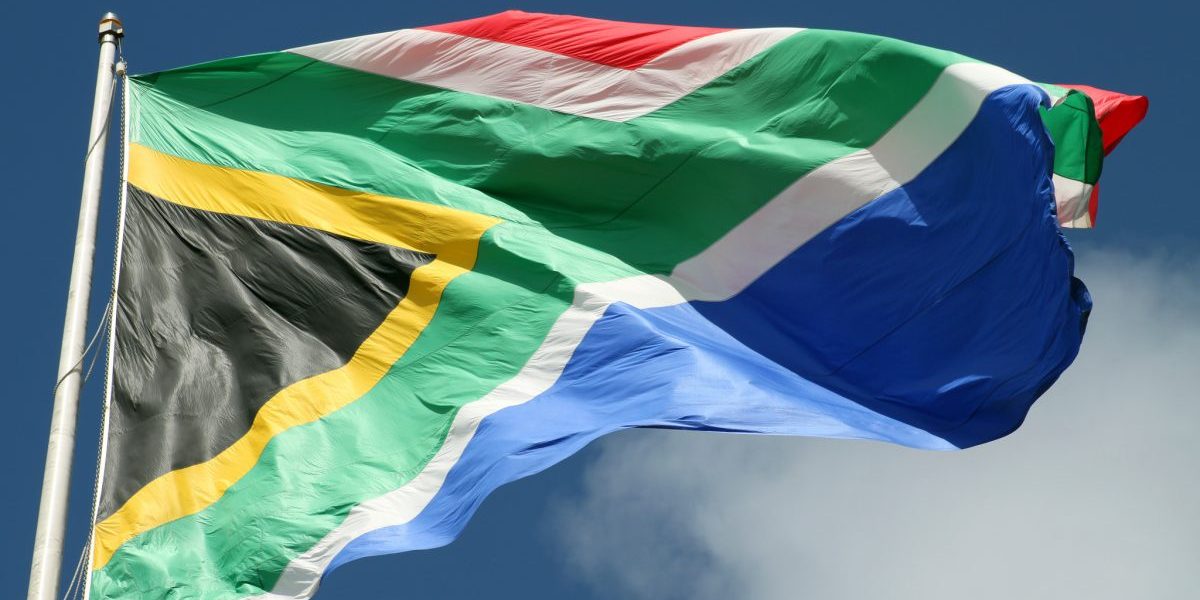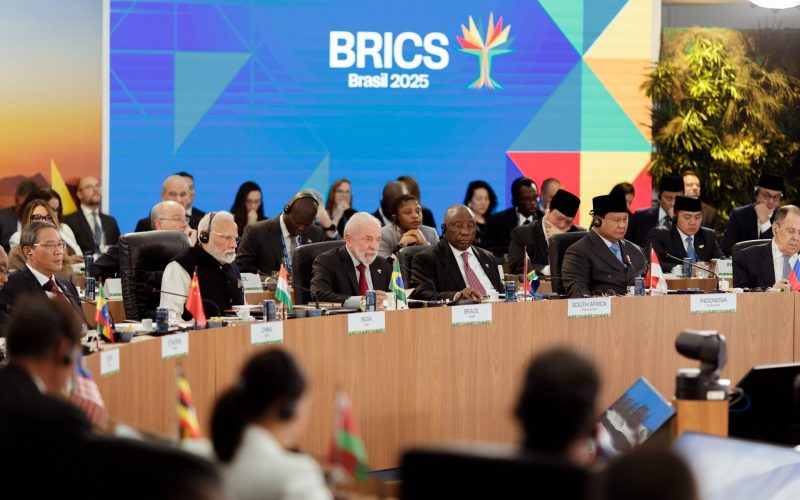Inefficiencies and inadequacies in the supply of these services severely cripple the capacity of countries to produce products and services of sufficient quality and quantity to meet both the needs of domestic operators and export markets. South Africa (SA) is no exception.
Internationally the structure of foreign direct investment (FDI) has shifted toward services sectors over the past three decades. This sector accounted for approximately 25 percent of FDI in the 1970s and has since grown to an estimated $4 trillion in recent years. In South Africa, services contribute approximately 67 percent to the South African economy and over 70% of employment. The country has a robust services sector that in some sub-sectors it exports competitively to both developing and developed countries. Yet services liberalisation in the context of all trade negotiations is approached defensively notwithstanding South Africa’s obvious economic capabilities; while key network services remain state-dominated and subject to growing inefficiencies.
This stands in stark contrast to the situation that faced the country in the 1990s, when South Africa’s re-integration into the global economy was proceeding apace. It was clear then that South Africa was committed to significantly increasing its outward orientation, primarily through lower barriers to international trade and investment.
The low levels of services efficiency have placed limits on SA’s growth prospects in several ways. For example, telecommunications services for producers and consumers are well above international prices. A recent report by the Competition Commission has shown that bank costs and charges are unusually high by international standards; recent power load-shedding has also confirmed the fact that energy supply has become increasingly unreliable. In transport, the unreliability and high cost of rail transport have consistently been identified as a major constraint in SA’s international trade competitiveness. These sectors are also amongst the most protected in terms of regulations, licenses and state ownership.
Negotiations on the liberalization of trade in services are taking place in different forums and at different levels (bilateral, regional and multilateral). All negotiations are interrelated, since commitments adopted at one level influence developments in others. The deeper the level of commitments adopted in the multilateral framework and the wider their scope, the smaller is the space left for preferential liberalization to take place in the framework of bilateral or regional agreements.
Whilst there has been some movement towards selective liberalization of SA’s domestic services markets – largely through unilateral reforms – this has not translated into a corresponding services negotiations strategy. For example, multilaterally SA has made commitments in the Uruguay Round, in finance, telecommunications, construction and engineering, excluding commitments in education, energy and health. In the context of the Doha Round, the country has submitted its initial offer to the World Trade Organisation (WTO) and may remove existing limitations in service sectors such as communication, financial and transport. Some argue that this was a missed opportunity where South Africa could have made an offer in a range of ‘non-sensitive service sectors’- sectors in which South Africa either did not schedule commitments at all or did not fully liberalize at the end of the Uruguay Round. These include legal and auditing services, research and development services, advertising services, packaging services, printing and publishing services, other business services not elsewhere classified and recreational, cultural and sporting services (other than audiovisual services). Regionally, the South African government is looking to prioritise regional service agreements – under the auspices of the envisaged Southern African Development Community (SADC) Protocol on Trade in Services – where the threat of competition is very low and inefficient South African service providers would dominate easily.
While it may make perfect sense for the South African government not to liberalise and/or bind services, particularly in sensitive social sectors that could possibly be detrimental to the country’s development needs there are some obvious sectors, like transport, where the costs of delaying reforms will be considerable. And though SA’s new WTO offer seems to reflect a movement in a more liberal direction, it is most likely that the offer merely seeks to update SA’s General Agreement on Trade in Services (GATS) commitments to lock in changes to the regulatory regime that have already taken place since the Uruguay Round. This approach does not seek to take the country further down the economic policy reform road.








